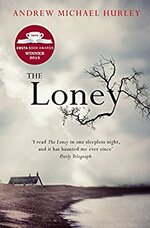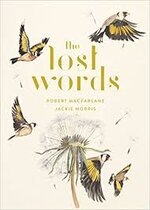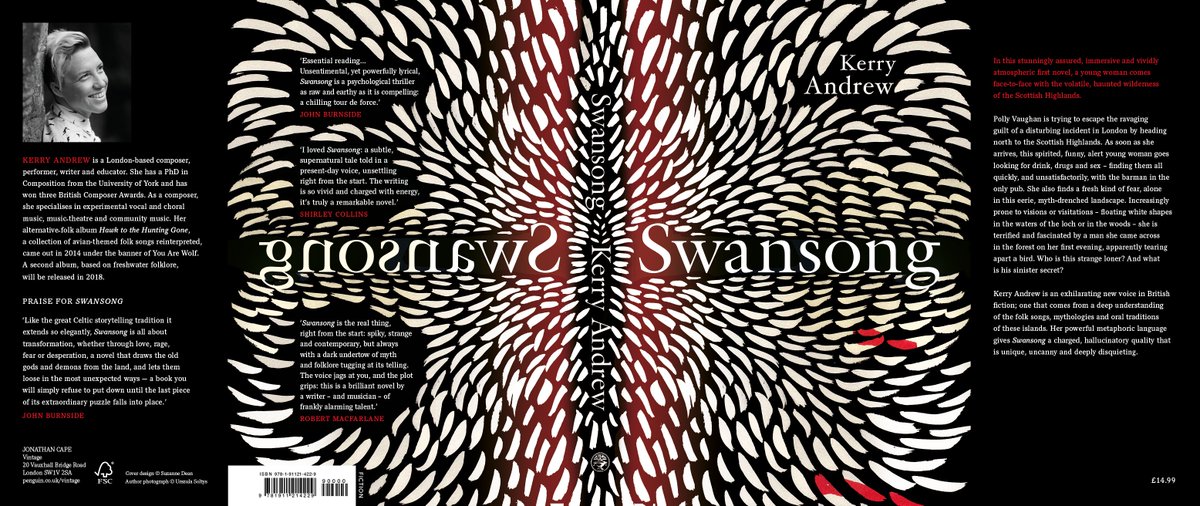So what is folk realism?
Quote: "We argue that realism isn’t just an IR paradigm, but a belief system, whose relationship with other ideological systems in public opinion has rarely been fully examined. Operationalizing this disposition in ordinary citizens as “folk realism,” we investigate its relationship with a variety of personality traits, foreign policy orientations, and political knowledge."
Duh?
Personally, I think of folk realism as 'almost historical' such as The vikings saga or the Game of Thrones, as it had more a feel of a historical re-telling in places than fantasy, making use of various known folk imagery, such as Gengis Khan (who really did pour boiling silver into the mouth of a pretender to his crown). The horror aspect of the 'dead' army in G.O.T. I felt was pretty much a publishing ploy at the opening. I don't think even the author knew what he was going to do with it in the end, but it added a touch of interest at the opening to a series that might otherwise not have sold on the first few pages. Was it a publishing ploy? If so, I'm not knocking it. It's seems to be what you have to do to succeed.
On the other hand, horror (in the purely literary sense) has nothing to do with realism, quite the opposite. Most fairy tales and legends have an aspect of horror, but it's not some unidentifiable THING, it usually is a character - a bad one with a motive, or something that simply isn't human like Grendel the monster, and even his mother, the witch. In old fairy tales the horrific was usually underplayed, like the woodcutter chopping off the feet of the dancing girl in the Little Red Shoes. Or rolling the nasty Queen down a hill inside a barrel hammered all round with nails... These were bedtime tales when I was a child.... now these aspects have been removed from the present day publications, which is a contradiction in attitude, when you think of the violence that is 'normal' on TV. Now I'm waffling.
I saw the reviews of the Loney, but I have to say they didn't excite me enough to buy it. Everyone these days has to have a character with some kind of intense psychological or physical problem. Tourette's is pretty rare, but every other detective has it (exaggeration I know) and every family has to have a kid with ADHD or Aspergers/Alexithymia. When 30% of kids in a given school can claim some kind of mental disability these days, it seems that folk realism has to be thrown out with the normality tag (What's normal anyway?). Hand in the air, I did it, too. My previous YA novel, Mendip Moon, had a blind kid. But it turned out she was a seer. In the more recent one about rape, everyone was refreshingly 'normal' with lots of personal hangups and prejudices. I didn't need to give them all Tourette's.
So, is folk realism just us isolated folk of the computer age rediscovering our ancestral roots through fiction? Learning to make fire with sticks?

It's a bit cold for that... bring on the electricity.




